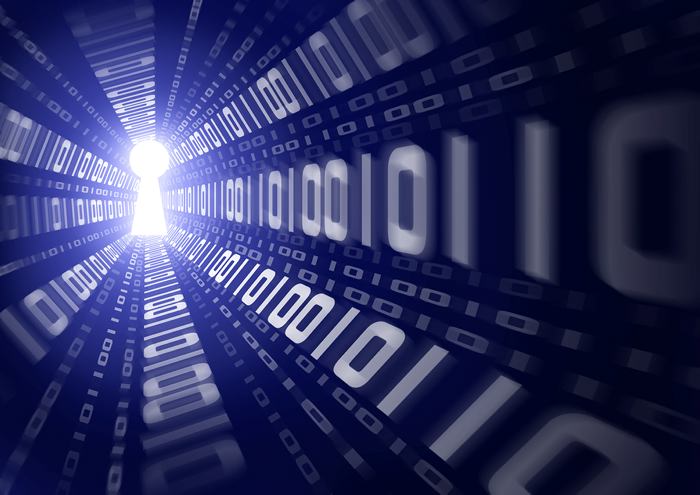Is anyone else fascinated by internet security, even if you're just a rank amateur?
I'm nowhere near competent in I.T. and security and I have to take a lot of things on faith, because I really don't know if programs are good or not. For example, all these new programs that have become popular lately; VPN tunnels, anti-keyloggers, password safes, etc. For all I know they could be flawed and somehow making it easier for bad things to happen. They say they are “open source and secure”, but that doesn't really mean anything to me if I don't know how to verify.
So, what do you do to keep your system secure? If anything. For those of you who know a fair deal about this, what would you suggest the average computer user do to secure their system? And in theory, are there any ways to achieve a high level of security without writing off ease-of-use and functionality?

I'm nowhere near competent in I.T. and security and I have to take a lot of things on faith, because I really don't know if programs are good or not. For example, all these new programs that have become popular lately; VPN tunnels, anti-keyloggers, password safes, etc. For all I know they could be flawed and somehow making it easier for bad things to happen. They say they are “open source and secure”, but that doesn't really mean anything to me if I don't know how to verify.
So, what do you do to keep your system secure? If anything. For those of you who know a fair deal about this, what would you suggest the average computer user do to secure their system? And in theory, are there any ways to achieve a high level of security without writing off ease-of-use and functionality?

